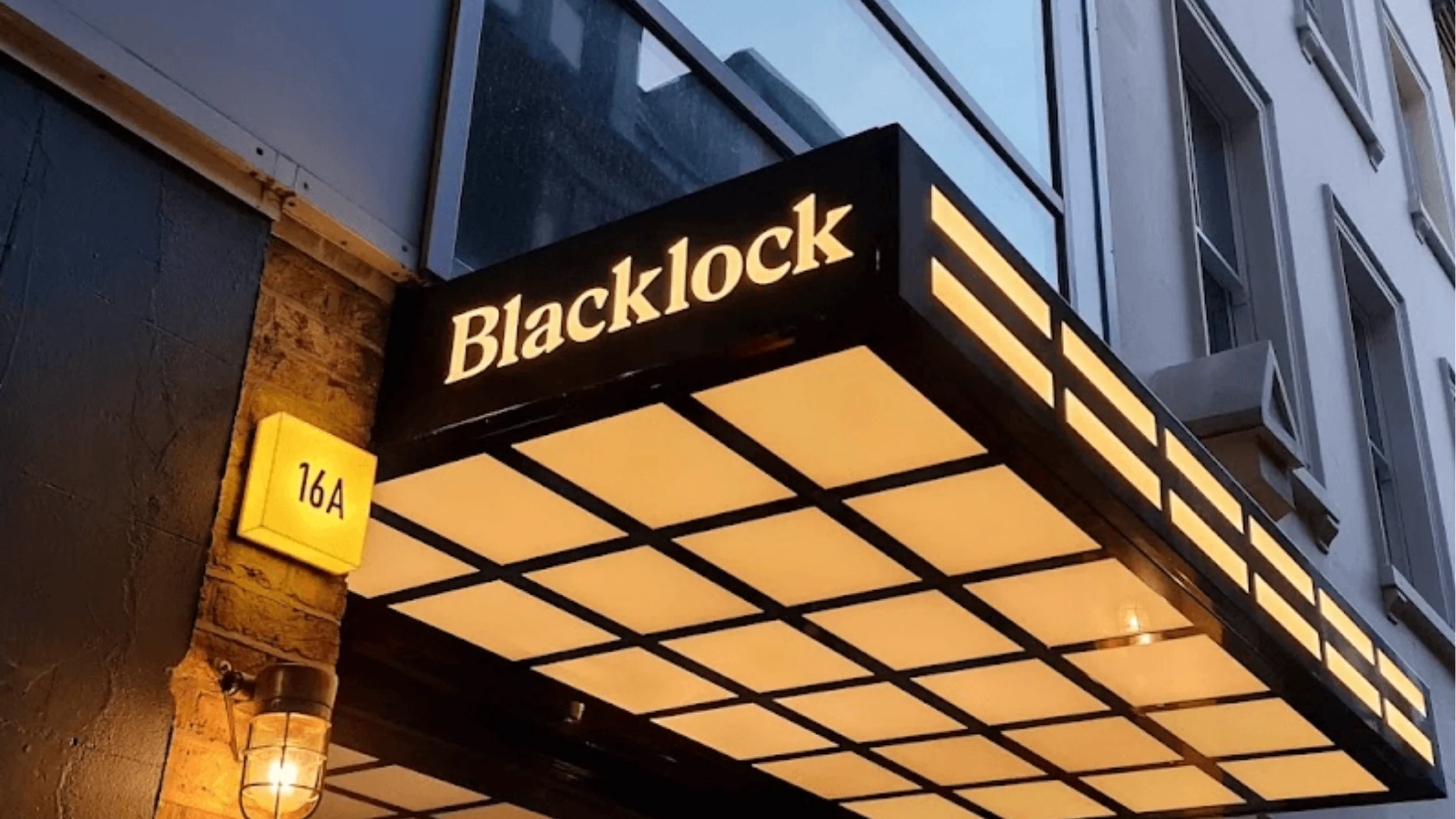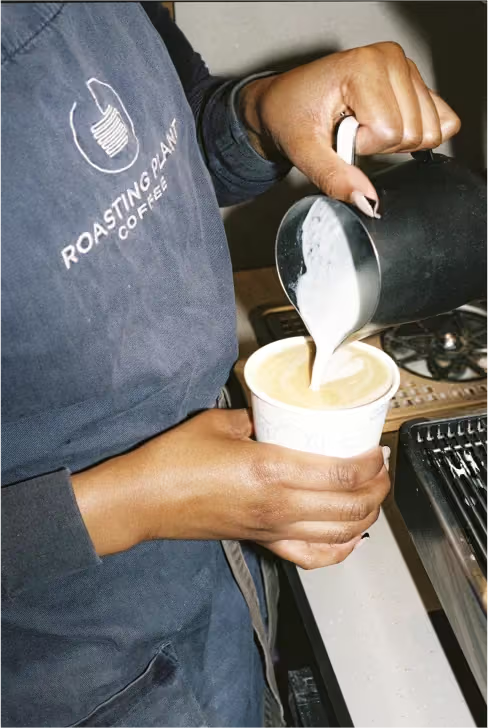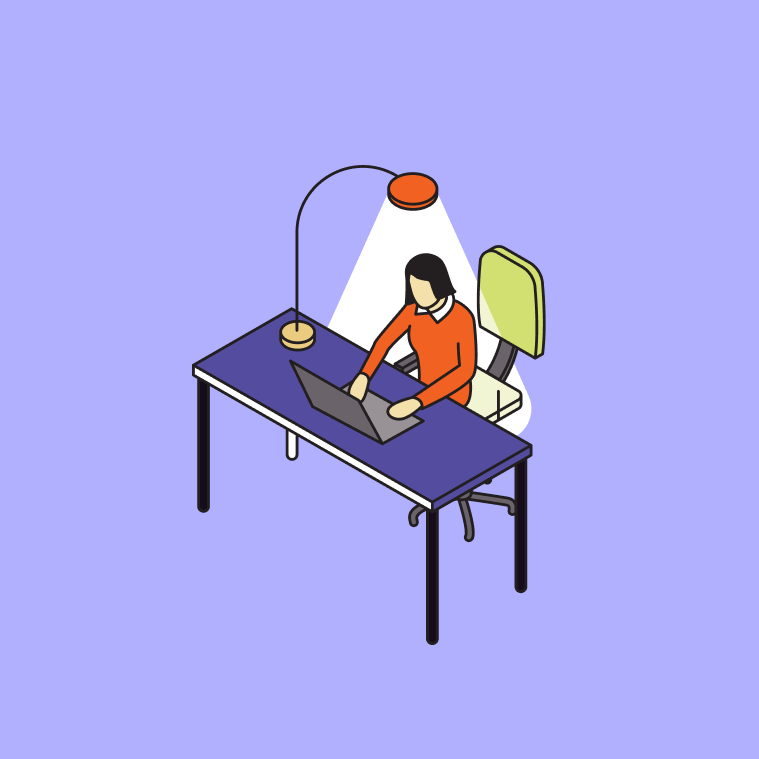Inside Blacklock’s restaurant culture strategy with Maria McCann
Culture is often treated as “the soft stuff” in hospitality. At Blacklock, it’s the operating system. In her conversation on What’s Cooking?, Maria McCann explained how a people-first culture drives profitability — and why turnover and team NPS matter more than revenue on the scorecard. Here are the lessons operators can borrow from Blacklock’s playbook.
Restaurant culture is the strategy
Blacklock’s ethos is simple: “Everybody leaves happy, including you.” That includes team members, guests, suppliers—everyone. It’s not a fluffy slogan. It’s baked into hiring, onboarding, leadership, and daily ops.
Founder Gordon Ker left a corporate job wanting to build a business people were proud to work in. Maria’s job? Make that mission real across every site—and scale it without watering it down. At Blacklock, culture and people aren’t soft metrics. They’re what make the business profitable. Read more on how to build resilient hospitality teams.
People before P&L
Their operational KPIs are ranked in this order:
Turnover and employee NPS come before revenue. Because happy, well-led teams deliver better guest experiences — and better guest experiences drive stronger P&Ls.
“Look after your people. People look after their guests and their suppliers. The rest takes care of itself.”
Training that actually sticks
Plenty of operators say they train their teams. Blacklock actually develops them. Take their radical candour programme for chefs. It was a hard sell at first. No one signed up. But once head chefs trialled it, they were hooked. Now it’s oversubscribed.
The focus? Leadership skills, communication, and building better kitchens - not just food prep. And it’s not a one-off. It’s part of a wider strategy to blend task-based and life-based training.
Forget generic online modules. This is real, relevant learning that makes people better at their jobs - and more likely to stay. Want to make training actually stick? Here’s how to make it work for your restaurant.
Taking a company-wide view
Where most restaurants look at succession site by site, Blacklock takes a company-wide view. Each month, GMs meet to openly share who’s ready to grow, where the gaps are, and how they can develop future leaders together. It’s transparent, actionable, and consistent.
“So there might be an AGM that has a certain skill set, but there might not be a vacancy there. So it's about sharing what managers we have and then their personalities, their work ethic, what they're good at, their skill set, their task, their behaviors. And then looking at if there is a vacancy…”
It’s how Blacklock keeps internal progression alive and how they build future site leaders before they need them.
Scaling without losing culture
Blacklock isn’t trying to hit 20 openings a year. They’re growing slowly - intentionally - to protect their culture and standards. They aim for one new site per year. That gives teams time to grow into roles, leaders time to embed values, and operations time to catch up.
In a world of rapid rollouts and burnt-out teams, that’s a bold move. But it’s working. Here’s how better onboarding helps keep culture intact from day one.
The numbers speak
Turnover in hospitality is expensive. Hiring a new hourly team member can cost £2–2.5K. For managers, it’s closer to £7.5K. Add that up across dozens of roles, and you’re looking at £300K–£500K+ a year in churn costs alone. Blacklock’s turnover sits below 50% - nearly half the industry average. And that saves them across:
- Hiring and onboarding costs
- Food waste and kitchen efficiency
- Guest retention and sales
“Whatever it might be, it is all due to the number of people and potentially the unskilled ability of that person. And the more you train and the more you invest in team turnover, then the better all of those outputs will be. So for us, it returns itself back rather than it being an upfront cost.”
Give people what they want
Blacklock doesn’t assume what their team wants. They ask. That’s why their benefits include:
- Paw-ternity leave (time off for new pets)
- Cost-price chops to take home
- Mental health support
- Gym memberships
Most-used perk? The chops. But what matters is that these aren’t token gestures - they’re actually valued. And that’s the point.
What you’ll learn
- Culture isn’t fluff - it’s a competitive advantage
- Transparent succession keeps talent in the business
- Scaling slowly lets values stick
- Training only works when it fits your team and your brand
- Retention isn’t just a metric - it’s the fastest route to profitability
Curious? Listen to the full episode now on Apple Podcasts, Spotify, or watch on YouTube.


.webp)
.webp)


